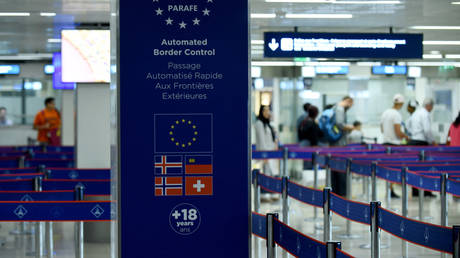India’s Grand Data System: A Greater Disaster than Facebook?

Given the size of its population, India is potentially very rich in what has been called the “new oil”: data. But who will benefit from that wealth, and who might be put at risk?
By Shashi Tharoor and cross-posted from Asia Times
India has no coltan or rare earths, little oil, and not enough water. What it does have is people – 1.3 billion and counting. That makes India potentially very rich in what has been called the “new oil”: data. But who will benefit from that wealth, and who might be put at risk?
Indian Prime Minister Narendra Modi undoubtedly likes collecting data. Since becoming prime minister in 2014, he has led an enthusiastic campaign to expand digital governance, hailing its efficiency and extolling its capacity to transform the country.
Biometric devices are now used to track the attendance of students and teachers in schools, and of government employees at work. Following his disastrous demonetization scheme in 2016, Modi has urged Indians to make digital, not cash, payments, even for small transactions.
More ambitiously, Modi’s government has expanded the reach and scope of India’s scheme to issue to all residents a “unique identification number,” or Aadhaar, linked to their biometrics. The primary goal of the program – initiated in 2009 by the previous Congress party-led government – was originally to manage government benefits and eliminate “ghost beneficiaries” of public subsidies, thereby preventing the pilfering of state funds.
When the Aadhaar scheme was introduced, Modi – then the chief minister of Gujarat – vociferously opposed it, pledging to scrap the project if his Bharatiya Janata Party came to power. As prime minister, however, Modi has embraced the program, ordering that the identification numbers be linked to virtually everything. Bank accounts, school enrolment, mobile-phone contracts, travel records, hospital admissions, and even cremation certificates now all require an Aadhaar, despite Modi’s assurances to the Supreme Court that participation in the program would not become mandatory…



